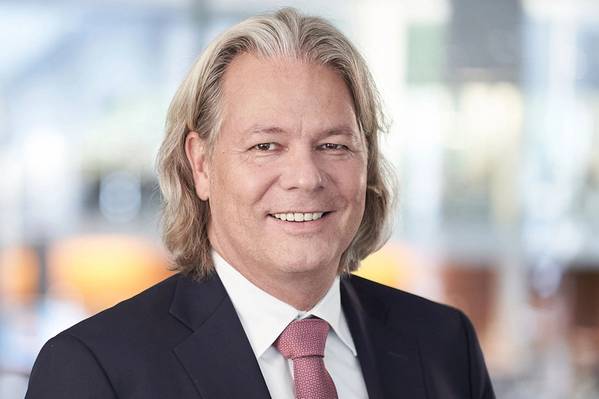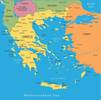
RWE, Germany's largest power producer, said Europe needed more investment in liquefied natural gas (LNG) terminals on land to secure shipped fuel supplies from global gas producers in the long term.
But RWE Chief Executive Andree Stracke told the Gastech conference in Milan that he did not think Europe would abandon Russian gas forever because of the cost to industries and households.
Europe is facing its worst gas supply crisis ever, with energy prices soaring and German importers even discussing possible rationing in the European Union's biggest economy after Russia reduced flows westwards.
Russia's Gazprom GAZP.MM on Friday said the Nord Stream 1 pipeline, Europe's major supply route, would remain shut as a turbine at a compressor station had an engine oil leak, sending wholesale gas prices soaring.
Analysts estimate Europe will need to import around 200 million tonnes of LNG over the next decade to phase out Russian gas. Germany, Europe's biggest importer of Russian gas, would need around 40 million tonnes of LNG to replace the 50 billion cubic meters (bcm) of the pipeline gas it used to get from Moscow.
"If you want to bring more LNG in the long term into Europe, you need more investments in land based terminals as well. FSRUs (floating storage) are supposed to be a short term solution" Andree Stracke said at the international Gastech conference in Milan.
Germany in May leased four floating storage and regasification units (FSRUs) for the import of at least 5 bcm a year each of seaborne gas, of which two are due to become available this year. It plans to charter another 5 bcm capacity FSRU for winter 2023/24, bringing the total number to five.
Stracke said he doesn't believe Europe will head away form Russian gas forever.
"The world lives in cycles. I doubt that Europe can afford these energy prices for a long period as well," he said.
EU ministers will discuss in a meeting on Friday a number of options including a price cap on imported gas, a price cap on gas used to produce electricity, or temporarily removing gas power plants from the current EU system of setting electricity prices.
Stracke said that imposing a price cap will never solve the energy crisis, adding that the possible solution would be demand reduction.
"Politicians try to solve the pricing problem by putting caps in but this will result in less demand by definition.
You need to have some demand destruction because supply can be quicker. A good reason for demand destruction is the high pricing, but we know this is politically difficult," he said.
(Reuters - Reporting by Marwa Rashad; Editing by Jonathan Oatis)



